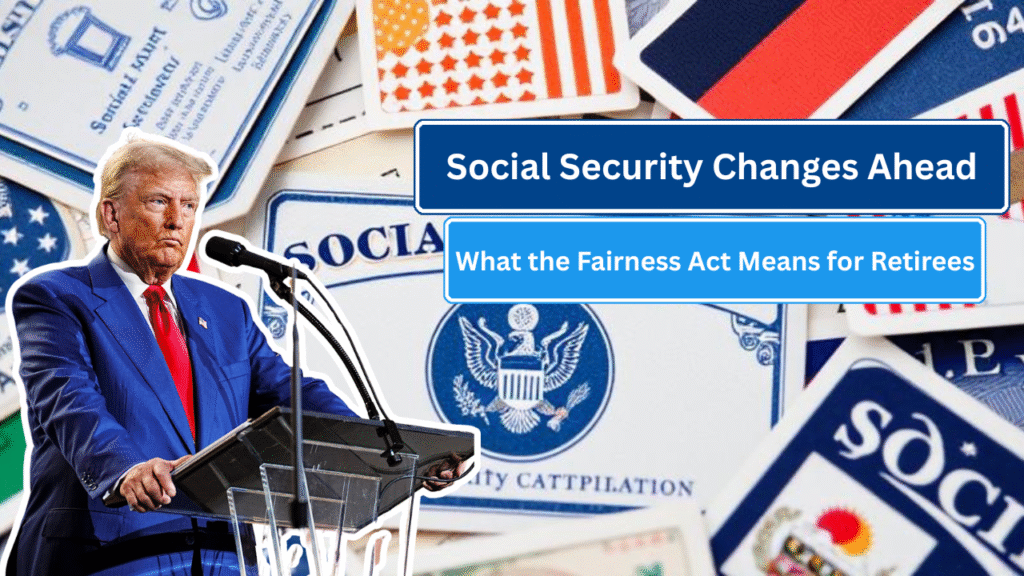In a landmark move to address long-standing disparities in Social Security benefits, President Joe Biden signed the Social Security Fairness Act of 2023 (H.R. 82) into law on January 5, 2025. This legislation repeals two controversial provisions-the Windfall Elimination Provision (WEP) and the Government Pension Offset (GPO)-that had reduced benefits for millions of public sector retirees. The repeal applies to benefits payable for months after December 2023.
Understanding WEP and GPO
The WEP and GPO were provisions that adjusted Social Security benefits for individuals who also received pensions from employment not covered by Social Security taxes—most commonly in state or local government positions.
- Windfall Elimination Provision (WEP): This reduced Social Security benefits for individuals who worked in jobs not covered by Social Security but also qualified for Social Security through other employment.
- Government Pension Offset (GPO): This reduced spousal or survivor Social Security benefits for individuals who received a government pension from non-Social Security-covered employment.
These provisions disproportionately affected public servants such as teachers, firefighters, and police officers, many of whom were women. According to estimates, approximately 3.2 million Americans had their benefits reduced or eliminated due to WEP and GPO.
Impact of the Repeal
The repeal of WEP and GPO is expected to significantly increase monthly Social Security benefits for affected retirees.
According to the Congressional Budget Office (CBO):
- Eliminating WEP will increase monthly benefits by an average of $360 for approximately 2.1 million beneficiaries by December 2025.
- Eliminating GPO will increase monthly benefits by an average of $700 for approximately 380,000 spouses, and by $1,190 for approximately 390,000 surviving spouses by the same date.
Beneficiaries are also eligible for retroactive payments for benefits payable after December 2023.
Implementation and What Beneficiaries Should Do
The Social Security Administration (SSA) is actively implementing the new provisions. As of May 2025:
- Approximately 2.3 million recipients have received increased payments and retroactive funds.
- Nearly one million are still awaiting adjustments due to the complexity of their cases, which require manual review.
The SSA has stated that no action is required from affected beneficiaries at this time. However, individuals are encouraged to:
- Review their Social Security statements
- Ensure personal information is accurate and up to date
Financial Implications
While the repeal addresses fairness, it comes with substantial fiscal impact. According to the CBO, the repeal will:
- Increase Social Security spending by an estimated $196 billion over the next decade.
- Accelerate the depletion of the Social Security Trust Fund by about six months—moving the projected exhaustion date from 2034 to 2033.
This raises concerns about the long-term sustainability of Social Security and underscores the need for broader structural reforms.
Conclusion
The Social Security Fairness Act of 2023 is a major step toward correcting long-standing inequities in the Social Security system, particularly for public sector retirees. The repeal of WEP and GPO provides increased financial security for millions of Americans, many of whom were previously penalized despite paying into the system through other employment.
While the transition is still underway, seniors are encouraged to stay informed and consult financial professionals if necessary to fully understand the impact on their benefits.




